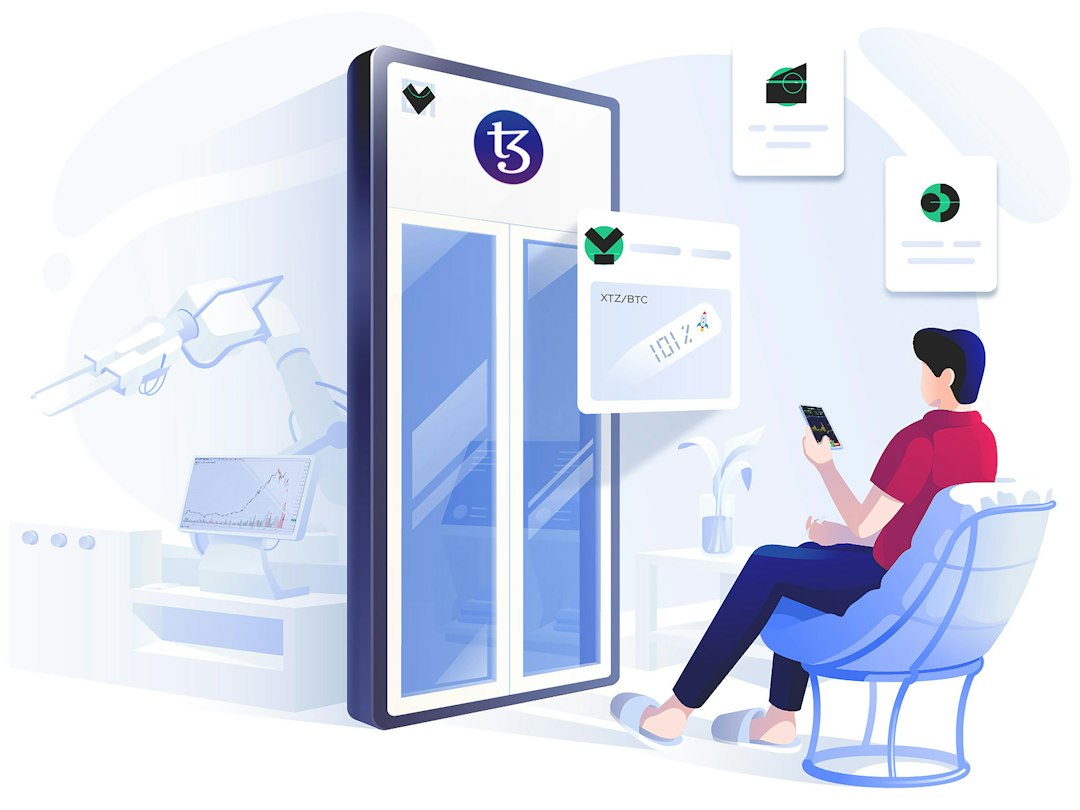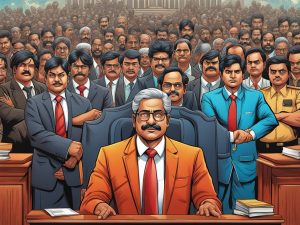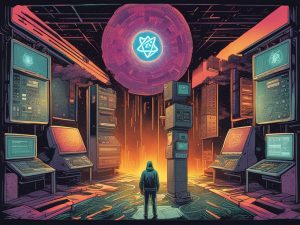Study Reveals Differences in ChatGPT’s Performance
Two recent studies highlight the varying capabilities of language models like ChatGPT when faced with complex tasks. Purdue University researchers found that ChatGPT struggles with basic coding challenges, with 52% of its generated answers being incorrect. Conversely, a study from UCLA and Pepperdine University shows ChatGPT’s proficiency in answering difficult medical exam questions, scoring 73% in nephrology. However, AI models can experience limitations when operating outside their training parameters, resulting in hallucinations. The lack of access to training data not in the public domain remains a hurdle for improving performance. ChatGPT’s coding struggles align with previous assessments, where its math and visual reasoning skills declined. While it can play doctor, it still has much to learn to become an adept programmer.
Key Points:
- ChatGPT faces challenges in basic coding tasks, with 52% of its generated answers being incorrect and 77% verbose.
- ChatGPT performs well in answering difficult medical exam questions, scoring 73% in nephrology.
- AI models can experience limitations outside their training parameters, resulting in hallucinations.
- The lack of access to training data not in the public domain hinders further improvement in AI model performance.
- ChatGPT’s math and visual reasoning skills have declined over time.
Hot Take:
While ChatGPT demonstrates proficiency in certain domains, such as medicine, its struggles with coding tasks highlight the need for further improvement. The limitations of AI models operating outside their training parameters and the lack of access to comprehensive training data remain obstacles. However, as AI continues to advance, it may not be long before we see a model that excels in multiple fields.





 By
By
 By
By
 By
By
 By
By

 By
By